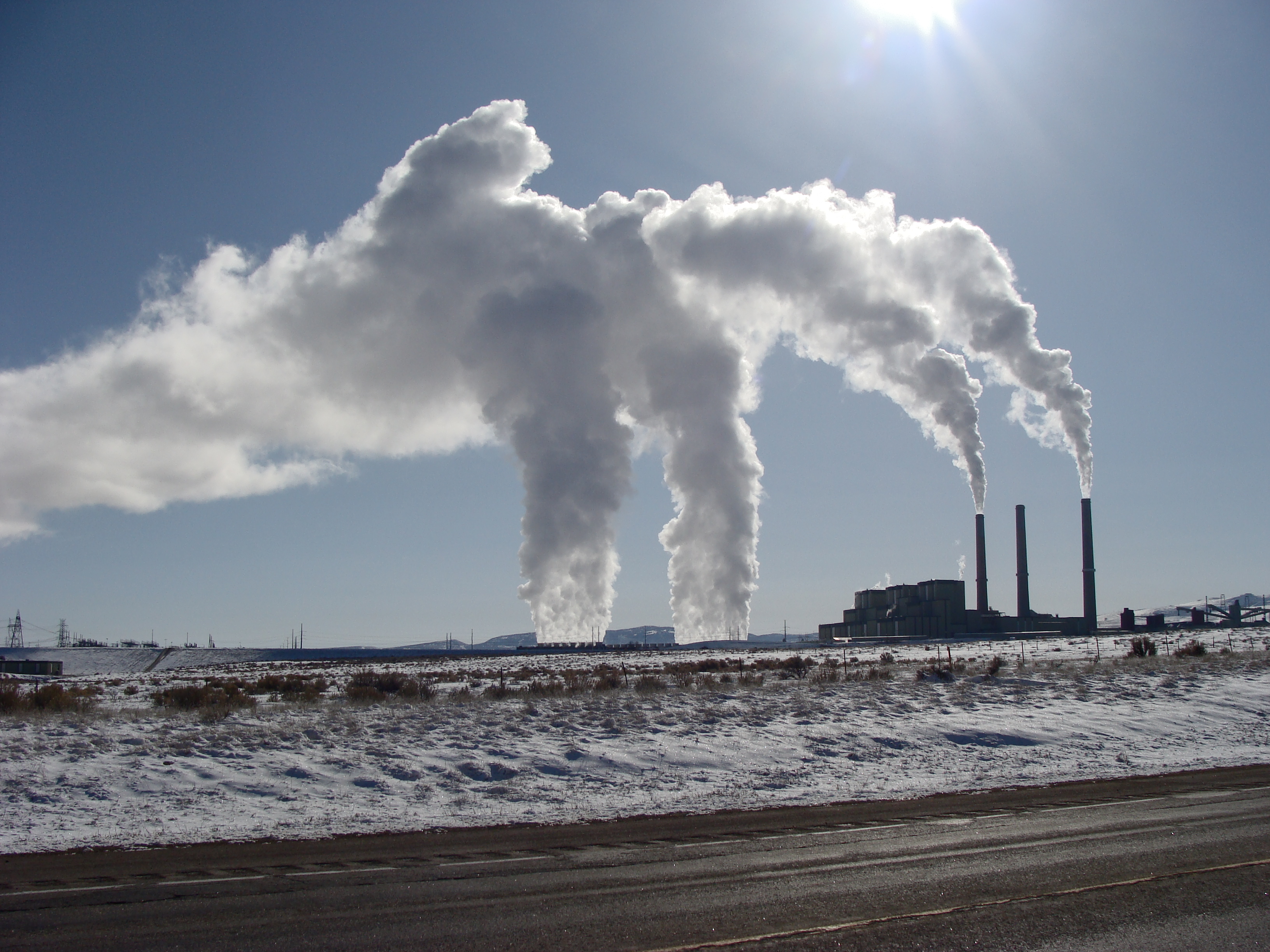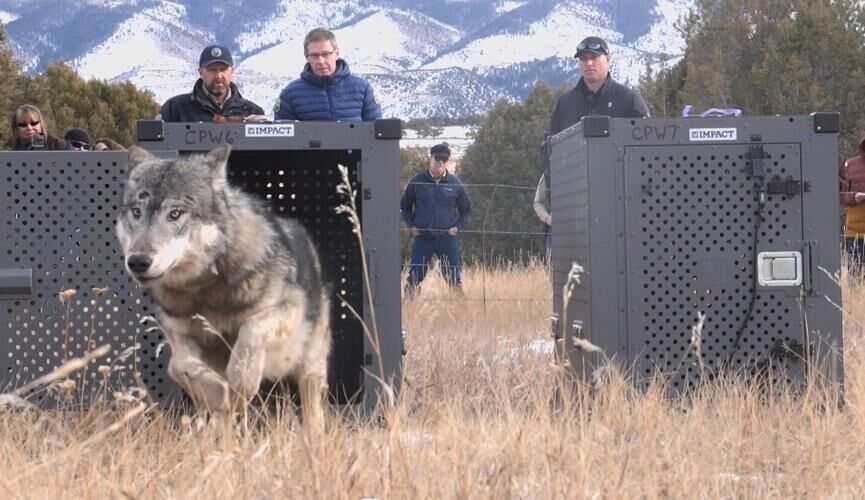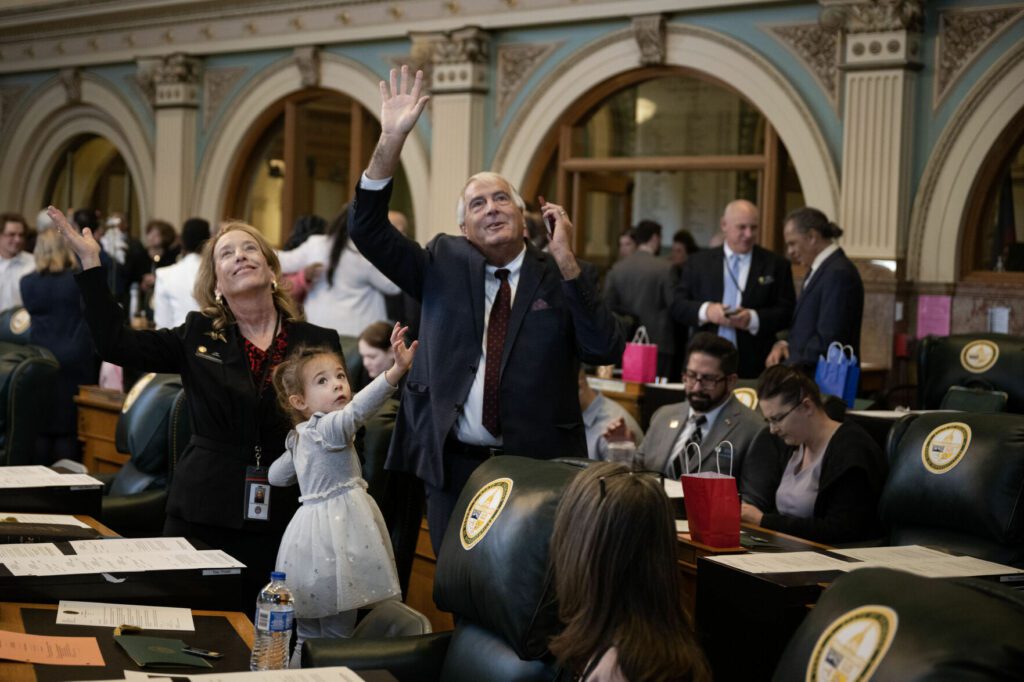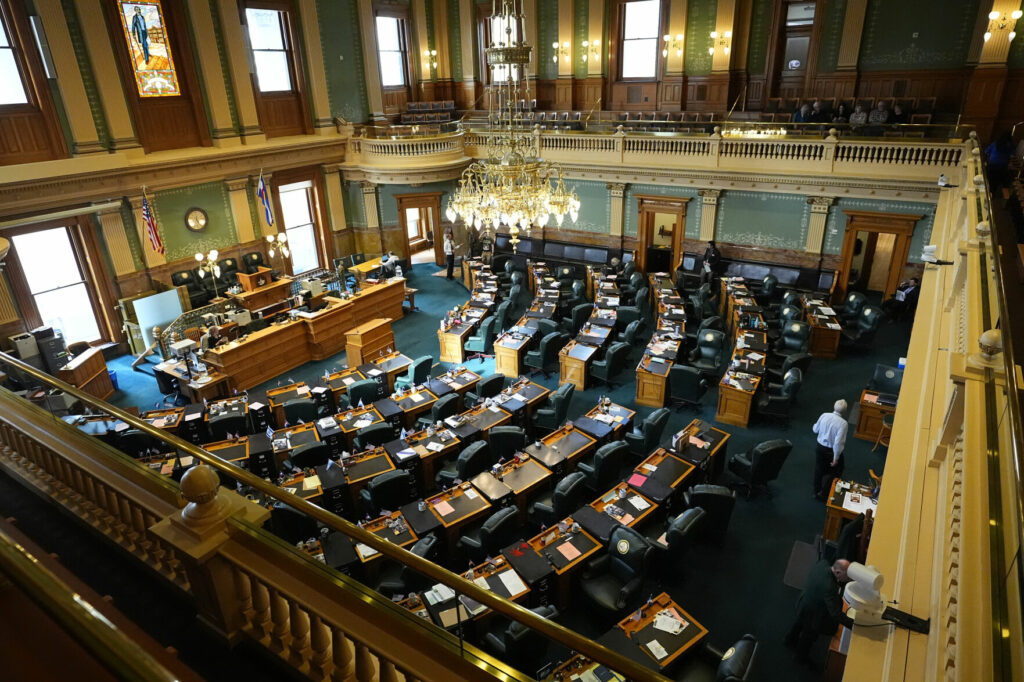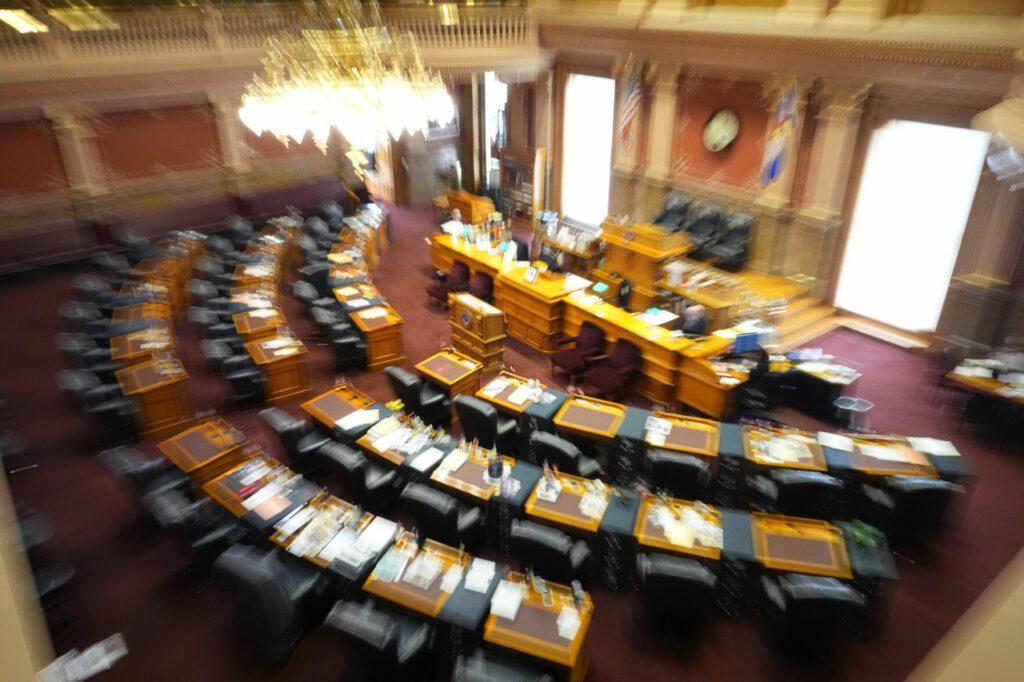Major cooperative agrees to aggressive clean power goals, consider retiring Craig coal unit 4 years early

Tri-State Generation and Transmission Association, which supplies power to 43 power distribution cooperatives in Colorado, New Mexico, Wyoming and Nebraska, agreed Wednesday to accelerate its transition to renewable energy and consider potentially shutting down a coal plant unit in the city of Craig four years earlier than originally planned.
The proposed settlement before the Colorado Public Utilities Commission commits the participating energy providers to a long list of actions to reduce carbon output in Colorado by up to 80% by 2030 based on a baseline of emissions in 2005.
That settlement hews closely to Colorado’s ambitious vision of weaning the state off fossil-fueled power in just a few decades.
A key component of the settlement is to determine whether to retire Unit 3 of Craig Station by 2026, instead of 2030 as originally planned. The settlement also requires Tri-State to assume that the life of any new natural gas plant will last no more than 20 years. The owners of the three-unit coal plant already decided to shut down Units 1 and 2 in 2025 and 2028.
Parties to the settlement include Tri-State, along with 16 power distributors, the Colorado Energy Office and a number of other intervenors in its 2020 Electrical Resource Plan. They also include environmental groups, notably the Sierra Club, the Natural Resources Defense Council, the Southwest Energy Efficiency Project and the Western Colorado Alliance.
Under the agreement, Tri-state will reduce greenhouse gas emissions in Colorado by 26% in 2025, 36% in 2026, 46% in 2027, and 80% in 2030.
It also binds Tri-State, and it’s Colorado customers, to annual energy efficiency savings targets of at least 0.35% in 2023, 0.5% by 2024, 0.75% by 2025, and 1% by 2030.
The cooperative also agreed to submit to Colorado’s “Just Transition” law. Passed in 2019, the program is intended to minimize the economic effects of closing coal mines and power plants in small, rural Colorado communities.
Under the settlement, Tri-State must set up a “third-party facilitated stakeholder engagement process” to explore community assistance opportunities for the City of Craig and Moffat County as the region “prepares for the retirement of Craig Station by 2030.”
The Office of Just Transition will cover up to $100,000 of the cost, and Tri-State will pick up the tab for anything over that amount, but not to exceed $300,000.
The Office of Just Transition was funded to the tune of $15 million in one-time stimulus funds, but the Colorado Department of Labor and Employment admits it has no idea where it will come up with as much as $100 million to help transition coal workers into new jobs and preserve rural communities.
“We appreciate Tri-State’s willingness to work with us and the other groups in this case to come up with a constructive solution and their acknowledgment that a just transition for coal workers and communities is an important obligation,” said Keith Hay, Director of Policy at the Colorado Energy Office. “We believe that approach will provide significant progress towards Colorado’s climate goals.”
“Tri-State is grateful to our members, state officials, environmental advocates and labor representatives who worked with us to achieve this settlement, which is a meaningful advancement in our efforts to transform our cooperative as we responsibly serve reliable and affordable power to rural communities, for our members and Colorado,” said Duane Highley, CEO for Tri-State.
In a press release from environmental group Western Clean Energy Campaign, Executive Director Eric Frankowski noted that the agreement would also “limit the useful life of any potential new gas plants to 20 years.”
“With support from nearly every party formally intervening in the resource planning process, the settlement agreement will almost surely result in shortened hearings, which were set to kick off on Jan. 31,” Frankowski said.
It’s not immediately clear what the settlement means for consumers who will be paying for both closing existing powerplants, building new life-limited backup gas-powered generating units and finding new renewable energy sources.
But some are wary of adding economic burden on Coloradans as the state moves toward renewable energy.
Responding to another energy utility’s rate hike proposal, AARP Colorado said it “strongly supports” the transition to renewable energy, but it is “extremely concerned that residential ratepayers, who can least afford it, are being asked to absorb an unfair percentage of the costs.”
